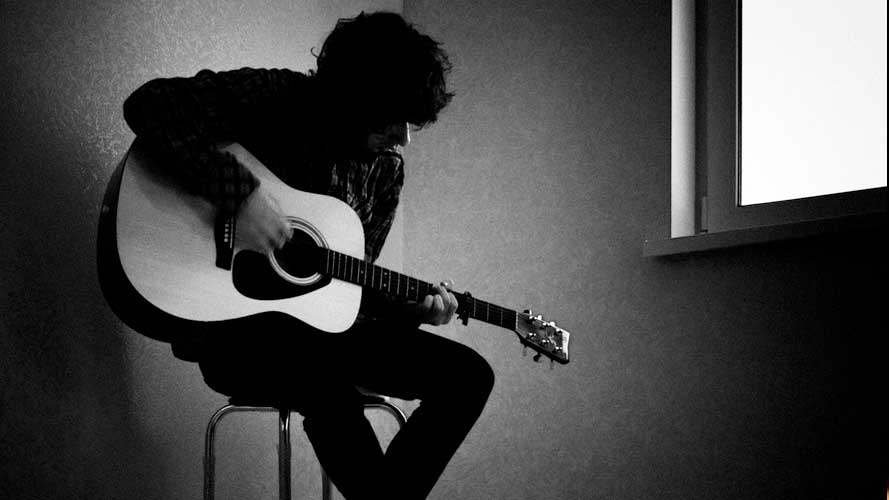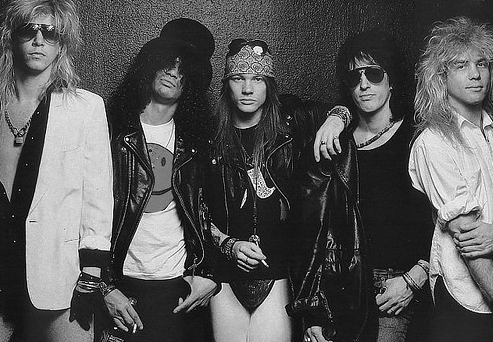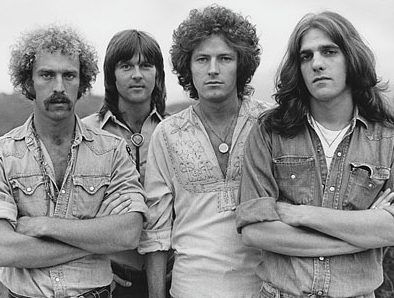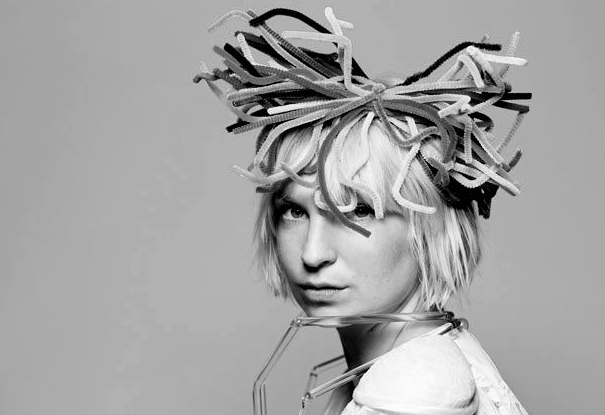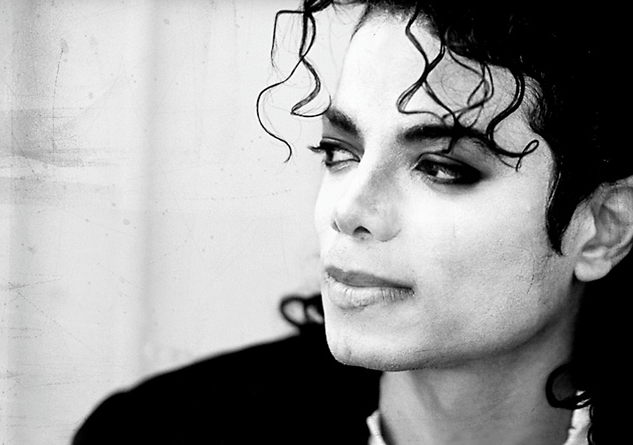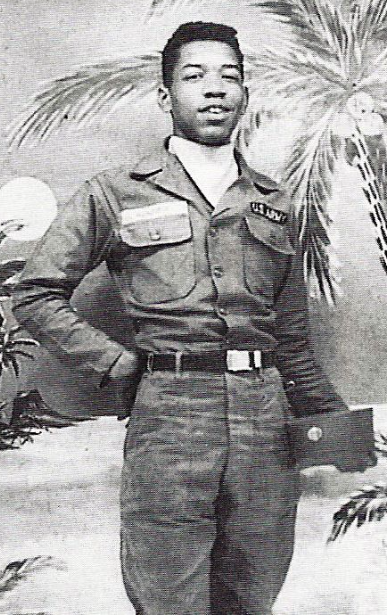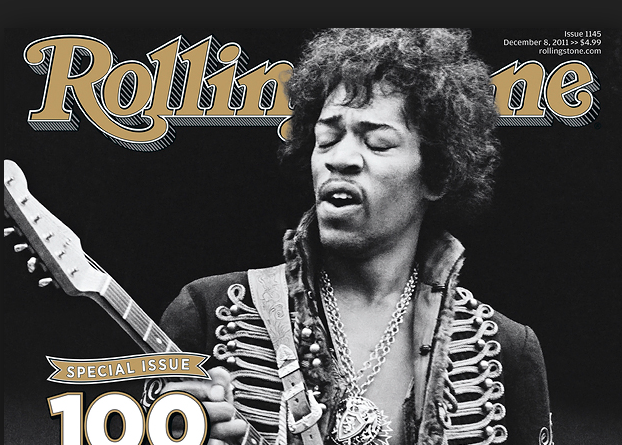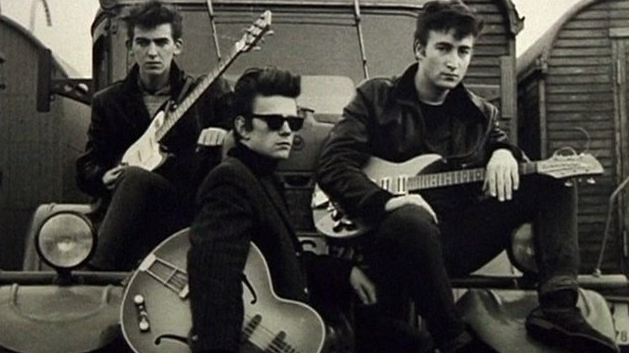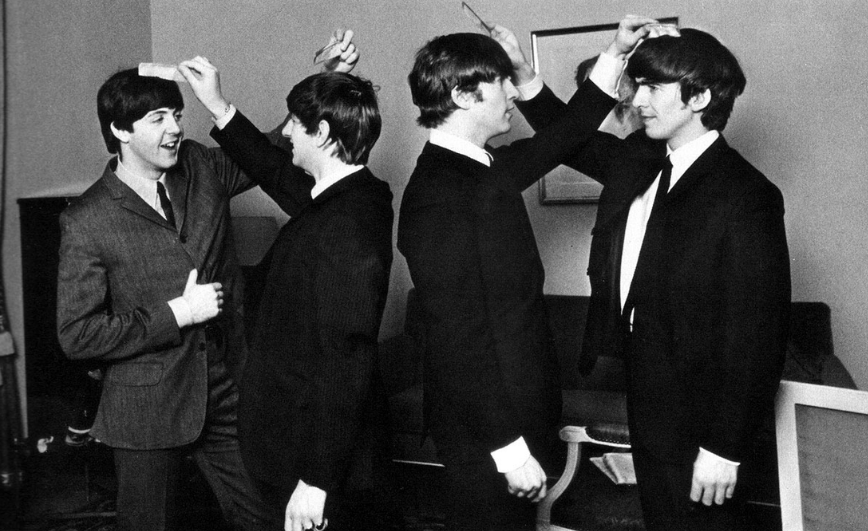A lot of young musicians and artists keep wondering: “So, WHAT REALLY IS artist development ?”
Some ‘purists’ may want to believe Artist Development is a fancy term used for “fabricating an artist” and that it only applies to pop or label-made acts such as boybands or pop performers, when in reality it’s more than likely that many of your favourite artists have endured one or another form of talent development process throughout their career. And “yes”, this may include your favourite indie cool-underground-just-signed-band.
In simple terms, development is another word for coaching or mentoring in multiple areas of someone’s career as an artist. It also involves getting deeply involved in the curation of the ‘product’ (songs, sound, image, profile, and more).
But rather than telling the tale ourselves, we gathered some snippets of various articles written about this topic that tell the story of what artist development is all about.
There was a concept in the record business for years called artist development.
The idea was actually pretty simple. The label would sign an artist that they loved or whose future they believed in. Typically those artists were at the beginning of their creative potential but still had not totally dialled into their thing.
In those glory days, the artist development process could be analogous to a budding romance. First, you went on a date and held hands. Then perhaps on your second date, you kissed. And if you were getting along great, you build up to that moment of consummation – the record contract. The process assumed that you would light some candles, pour some wine, have a nice meal, and then if all went well, you’d get down to, well more.
In today’s music business, there are no such luxuries, no candles, no wine, no romantic dinners, just a simple yes or no. It’s not about love. It’s about results.
It’s not just the labels that have changed. The whole artist development infrastructure that had worked for years has gone through a transformation as well. MTV has been supplanted by YouTube. Rolling Stone has been supplanted by blogs, started by some kid in a college dorm who couldn’t get a job at Rolling Stone. Commercial radio stations have been challenged by online streaming services like Spotify and Pandora. New ways to hear music have emerged that operate outside the mainstream of the radio business.
The old brick-and-mortar retail distribution network that was the linchpin of the major labels power has been usurped as well. Getting your record in a store today is doable for just about anybody with forty bucks and an Internet connection.
So if the labels today aren’t going to be the architects of artist development, then who is?
SOURCE:
–Artist Development: Musicians Are Now in Control by Steve Rennie – Billboard.com – April 2014
Steve Rennie is president of REN Management and host of Renman Music & Business. In addition to having managed Incubus, Primal Scream and The The, Rennie was a founding member of ArtistDirect and SVP and GM of Epic Records where he worked with Korn, Rage Against the Machine, Ozzy Osbourne and Celine Dion.
There was a time when record labels committed themselves more seriously to developing the careers of their recording artists.
Today, it is much harder to find a record label committed to this goal. When a major label signs a new artist or band, they presume the act has sufficient musical, songwriting, and performance talent, and are ready for the big time.
Up until the late 1980s most, record labels had a department within the company called Artist Development, and the job of that department was to support their acts’ creative side, while steadily developing a following for them. When sales of records increased with each release, the label stood by their acts, believing that the more the public heard their music, the bigger their popularity might grow, and the greater their popularity, the more records they would sell. Most of the ’70s Rock bands that dominate today’s Classic Rock radio format are examples of the old school version of Artist Development.
By the early ’90s most labels had changed the name of their Artist Development departments to Product Development. In other words, the emphasis changed from nurturing the growth of an artist and their music, to high-pressure sales development tactics and strategies. Product Development today, for most major labels, means putting the label’s energy into creating sales for a new release, and doing so quickly.
If you had three strikes in the past, you have one strike now, and if you don’t get a solid hit, you’ll probably be forgotten in favor of some other act waiting for their one at-bat.
You can still see cases of a major labels committed to Artist Development when you look at the careers of bands like Radiohead, The Barenaked Ladies, Smashmouth, or the Dave Matthews band . Artist Development is also behind the success of today’s teen acts that dominate the pop music charts.
For the most part, in today’s competitive music business, the responsibility for Artist and Product Development has changed hands.
Artist and Product Development go hand-in-hand. They should work in combination and coordination with each other. When a balanced approach to developing your music and your business affairs are respected equally, you create a more realistic opportunity for achieving some success with your music.
SOURCE:
– What is Artist and Product Development? by Christopher Knab – Fourfront Media & Music – July 2001
SOME OF THE THOUSANDS OF ARTISTS WHO HAVE GONE

